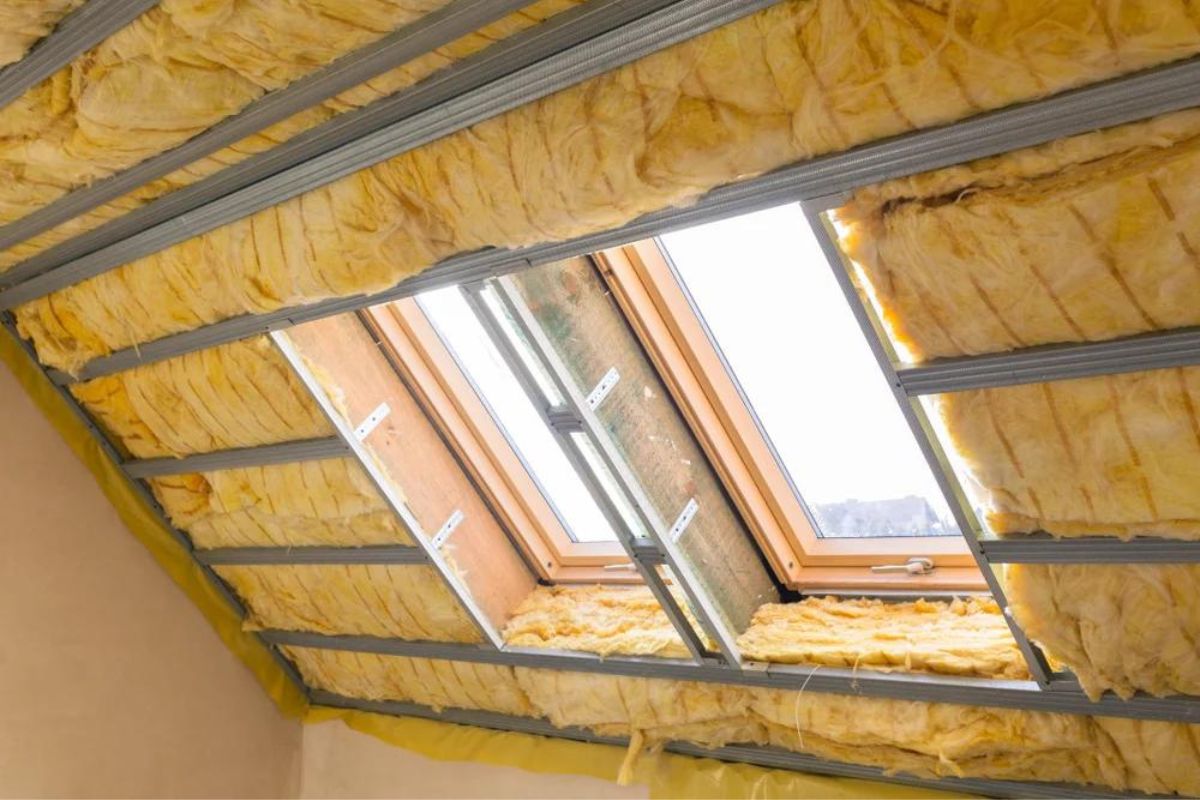

Articles
What Is The Best Insulation For Roofs
Modified: December 7, 2023
Discover the best articles on insulation for roofs, including expert tips and guidelines to help you choose the perfect option for your roofing needs.
(Many of the links in this article redirect to a specific reviewed product. Your purchase of these products through affiliate links helps to generate commission for Storables.com, at no extra cost. Learn more)
Introduction
Roof insulation is a crucial element in maintaining a comfortable and energy-efficient home. It plays a vital role in regulating the temperature within the living space and preventing the transfer of heat between the interior and exterior of the house.
Insulating your roof not only helps to keep your home warm in winter and cool in summer, but it also has numerous other benefits. It can significantly reduce your energy consumption and utility bills, improve indoor air quality, increase the lifespan of your roof, and contribute to a greener environment.
However, with a wide range of insulation options available, choosing the best one for your roof can be a daunting task. In this article, we will explore the different types of insulation materials available, their benefits, and the factors to consider when making your selection.
Ultimately, the goal is to help you make an informed decision and maximize the comfort and energy efficiency of your home.
Key Takeaways:
- Choose the right roof insulation to save energy, improve comfort, and extend your roof’s lifespan. Consider factors like R-value, material, installation, and sustainability to make an informed decision.
- Fiberglass, cellulose, spray foam, and reflective insulation offer unique benefits. From affordability to sustainability, each type caters to different needs. Select the best option based on your specific requirements and budget.
Read more: How To Insulate Roof
Benefits of Roof Insulation
Insulating your roof offers a multitude of benefits that go beyond just keeping your home comfortable. Here are some of the key advantages of roof insulation:
- Energy Savings: One of the primary benefits of roof insulation is its ability to reduce the transfer of heat between the interior and exterior of the house. This means that during hot summers, less heat will penetrate your home, reducing the need for air conditioning and ultimately lowering your energy consumption and utility bills. Similarly, in cold winters, insulation helps to maintain the heat inside, reducing the reliance on heating systems.
- Improved Indoor Comfort: By effectively regulating the temperature in your home, roof insulation helps to create a more comfortable living environment. It eliminates cold spots and drafts, ensuring a consistent temperature throughout the year.
- Noise Reduction: Insulation also acts as a sound barrier, reducing the transmission of external noises into your home. This can be particularly beneficial if you live in a noisy neighborhood or near busy roads, providing you with a quieter and more peaceful living space.
- Condensation Prevention: Roof insulation helps to prevent condensation buildup in your attic or roof space. By maintaining a consistent temperature, it minimizes the chances of moisture accumulating, which can lead to mold and mildew growth, as well as potential damage to your roof structure.
- Extended Roof Lifespan: Insulation helps to protect your roof from extreme temperature variations, which can cause the materials to expand and contract. By reducing the stress on your roof, insulation can help prolong its lifespan, saving you money on potential repairs or replacements.
- Environmental Benefits: Investing in roof insulation not only benefits you financially but also contributes to a greener environment. By reducing your energy consumption, you are effectively lowering your carbon footprint and helping to mitigate climate change.
Considering these numerous advantages, it is clear that roof insulation is an essential aspect of any home upgrade, providing both immediate and long-term benefits.
Factors to Consider When Choosing Roof Insulation
Choosing the right roof insulation for your home requires careful consideration of various factors. Here are some key factors to keep in mind when making your selection:
- R-value: The R-value indicates the insulation’s resistance to heat flow. The higher the R-value, the better the insulation’s thermal performance. Consider the climate in your area and choose insulation with an appropriate R-value to ensure optimal energy efficiency.
- Material: There are different insulation materials available, each with its own benefits and characteristics. Common options include fiberglass, cellulose, spray foam, and reflective insulation. Research each material and assess their suitability for your specific needs, budget, and environmental considerations.
- Installation: Consider the ease of installation and whether you will be doing it yourself or hiring a professional. Some insulation materials require specialized skills and equipment for installation, while others are more DIY-friendly. Ensure you choose an option that aligns with your capabilities and resources.
- Moisture Resistance: Moisture can damage insulation and compromise its effectiveness. Look for insulation materials that have inherent moisture resistance or can be combined with a vapor barrier to prevent moisture buildup in your roof.
- Durability: Consider the durability and lifespan of the insulation material. You want an option that will withstand the test of time and not require frequent replacements or repairs. Look for insulation materials that are known for their longevity and resistance to pests and decay.
- Budget: Consider your budgetary constraints when selecting insulation. Different materials have varying costs, and the overall cost will depend on the size of your home and the extent of the insulation needed. Balancing cost with the desired insulation performance is essential for making a cost-effective choice.
- Sustainability: If environmental sustainability is a priority for you, consider insulation materials that are made from recycled or renewable resources. Look for options that have low embodied energy and minimal environmental impact throughout their life cycle.
By carefully considering these factors, you can make an informed decision and choose the roof insulation that best meets your specific needs and requirements.
Fiberglass Insulation
Fiberglass insulation is one of the most popular and widely used insulation materials for roofs. It is made from fine glass fibers that are spun together to create a dense and flexible batt or blanket.
Here are some key features and benefits of fiberglass insulation:
- Thermal Performance: Fiberglass insulation has good thermal insulating properties, helping to minimize heat transfer through the roof. It has a high R-value per inch, which makes it an effective choice for improving energy efficiency.
- Fire Resistance: Fiberglass insulation is non-combustible, making it a safe option for residential buildings. It does not contribute to the spread of fire and can help to contain flames in case of a fire incident.
- Sound Absorption: Fiberglass insulation provides excellent sound absorption properties, reducing noise transmission from the outside environment into your home. This is particularly beneficial if you live in a noisy area or have rooms that require extra sound insulation.
- Moisture Resistance: Fiberglass insulation is resistant to moisture and does not promote the growth of mold or mildew. This makes it suitable for roofs that may be prone to condensation or moisture buildup.
- Durability: Fiberglass insulation is durable and long-lasting, retaining its insulating properties over time. It does not settle or degrade easily, ensuring that your roof insulation remains effective for many years.
- Easy Installation: Fiberglass insulation is relatively easy to install, whether as a DIY project or with the assistance of a professional. It comes in pre-cut batts or rolls that can be easily fitted between roof joists or trusses.
- Cost-Effective: Fiberglass insulation is generally more affordable compared to other insulation materials, making it a cost-effective choice for homeowners.
However, it is important to note that fiberglass insulation can cause skin and respiratory irritation if proper precautions are not taken during installation. Therefore, it is recommended to wear protective clothing, gloves, and a mask when handling fiberglass insulation.
Overall, fiberglass insulation offers a balance of performance, affordability, and ease of installation, making it a popular choice for roof insulation.
When choosing insulation for roofs, consider factors such as R-value, moisture resistance, and fire safety. Closed-cell spray foam and rigid foam boards are popular options for their high R-value and moisture resistance.
Cellulose Insulation
Cellulose insulation is another popular choice for roof insulation, known for its eco-friendly and efficient properties. It is primarily made from recycled paper and treated with fire retardants to enhance its safety.
Here are some key features and benefits of cellulose insulation:
- Thermal Performance: Cellulose insulation has excellent thermal insulating properties, effectively reducing heat transfer and improving energy efficiency. It has a comparable or higher R-value compared to other insulation materials, making it a reliable option for roof insulation.
- Environmental-Friendly: Cellulose insulation is made from recycled materials, making it an eco-friendly choice. It helps reduce waste and energy consumption by repurposing paper and diverting it from landfills.
- Fire Resistance: Cellulose insulation is treated with fire retardants to enhance its fire resistance. The chemicals used help to slow down the spread of flames and reduce the risk of fire hazards.
- Noise Reduction: Cellulose insulation offers excellent noise reduction properties, absorbing sound vibrations and reducing noise transmission into the living space. This can create a quieter and more peaceful indoor environment.
- Moisture Control: Cellulose insulation has the ability to absorb and release moisture, helping to regulate humidity levels in your home. This can help prevent condensation and the growth of mold and mildew in your roof space.
- Seamless Installation: Cellulose insulation is typically blown in using specialized equipment, allowing for a seamless installation in difficult-to-reach areas or around obstacles such as wiring and pipework. This ensures consistent coverage and eliminates air gaps for optimal thermal performance.
- Cost-Effective: Cellulose insulation is reasonably priced, offering a cost-effective solution for roof insulation. It provides good value for money, combining efficient performance with environmental benefits.
It is important to note that cellulose insulation may settle over time, which can potentially reduce its insulating effectiveness. However, proper installation techniques and regular maintenance can help mitigate this issue and ensure long-term performance.
Overall, cellulose insulation offers a sustainable and efficient option for roof insulation, contributing to energy savings and a greener environment.
Read more: How To Insulate Roof In Attic
Spray Foam Insulation
Spray foam insulation is a popular choice for roof insulation due to its excellent insulating properties and versatility. It is made by combining two components – isocyanate and polyol resin – which react when sprayed onto a surface, expanding and creating a seamless insulating layer.
Here are some key features and benefits of spray foam insulation:
- High R-value: Spray foam insulation has a high R-value, providing superior thermal insulation and effectively reducing heat transfer. Its ability to create an airtight seal helps prevent air leakage and thermal bridging, which are common issues in traditional insulation methods.
- Seamless Coverage: Unlike other insulation materials, spray foam insulation expands and fills gaps, crevices, and hard-to-reach areas. This results in a seamless and airtight installation, minimizing energy loss and maximizing energy efficiency.
- Moisture Barrier: Spray foam insulation acts as a moisture barrier, preventing the intrusion of water vapor and preventing condensation. This helps protect against mold, mildew, and moisture-related damage to your roof and home.
- Noise Reduction: Spray foam insulation has excellent sound-dampening properties, reducing the transmission of external noises. This can create a quieter and more peaceful indoor environment.
- Durable and Long-Lasting: Once cured, spray foam insulation forms a durable and long-lasting barrier. It does not degrade over time and can maintain its effectiveness for the life of the building, reducing the need for frequent insulation replacements.
- Improved Energy Efficiency: The airtight seal created by spray foam insulation reduces energy loss from air leakage, resulting in significant energy savings. This can lead to lower utility bills and a reduced carbon footprint.
- Enhanced Structural Integrity: Spray foam insulation adds rigidity and structural strength to your roof, reinforcing its stability. It can also help to prevent the formation of ice dams by minimizing heat loss through the roof.
- Professional Installation: Spray foam insulation should be installed by trained professionals who have the necessary knowledge and equipment for proper application. This ensures that the insulation is installed correctly and effectively.
It is important to note that while spray foam insulation offers numerous benefits, it can be more expensive compared to other insulation materials. Additionally, proper ventilation is crucial to prevent moisture buildup, as spray foam insulation creates an airtight seal.
Overall, spray foam insulation provides excellent thermal performance, air sealing, and moisture control, making it a popular choice for roof insulation, especially in areas with extreme climates.
Reflective Insulation
Reflective insulation, also known as radiant barrier insulation, is a type of roofing insulation that reflects heat instead of absorbing it. It consists of a layer of aluminum foil or reflective material placed on top of insulation material, creating a barrier that reflects radiant heat away from the roof.
Here are some key features and benefits of reflective insulation:
- Reflective Heat Barrier: Reflective insulation works by reflecting radiant heat, which helps to prevent heat transfer from the roof to the interior of the building. This can significantly reduce cooling costs in hot climates by keeping the roof and the living space cooler.
- Energy Efficiency: By reducing heat gain through the roof during hot summer months, reflective insulation can improve the energy efficiency of your home. It lessens the workload on cooling systems, resulting in lower energy consumption and utility bills.
- Easy Installation: Reflective insulation is relatively easy to install, making it a suitable choice for both DIY enthusiasts and professionals. It can be applied to the underside of the roof, placed between roof rafters, or attached to the attic floor depending on the specific needs of your home.
- Durability: Reflective insulation is highly durable and long-lasting. The aluminum foil or reflective material used is resistant to degradation and does not require extensive maintenance or replacement.
- Moisture Resistance: Reflective insulation acts as a vapor barrier, preventing the condensation of moisture in the roof space. This helps to protect against mold, mildew, and water damage to the roof structure.
- Fire Resistance: Reflective insulation is typically made with fire-resistant materials, providing an additional layer of protection in the event of a fire. This can help to contain flames and limit the spread of fire throughout the building.
- Lightweight and Space-Saving: Reflective insulation is lightweight and takes up minimal space when installed, making it suitable for roofs with limited structural support or tight spaces.
- Environmentally Friendly: Reflective insulation can contribute to a greener environment by reducing energy consumption and lowering greenhouse gas emissions associated with cooling systems.
It is important to note that reflective insulation primarily helps in reducing radiant heat transfer and may not be as effective in insulating against conduction or convection heat transfer. Therefore, it is often recommended to combine reflective insulation with other insulation materials for maximum energy efficiency.
Overall, reflective insulation can provide significant energy savings, making it a viable option for roof insulation in regions with hot climates or high sun exposure.
Conclusion
Choosing the right insulation for your roof is an important decision that can have a significant impact on the comfort, energy efficiency, and longevity of your home. There are several options available, each with its own benefits and considerations.
Fiberglass insulation is a popular choice due to its thermal performance, fire resistance, and affordability. It provides good insulation and sound absorption properties, making it a reliable option for many homeowners.
Cellulose insulation, made from recycled materials, offers sustainability and excellent thermal performance. It acts as a moisture barrier and provides good noise reduction, making it a suitable option for those seeking eco-friendly solutions.
Spray foam insulation offers superior thermal performance, airtight sealing, and durability. It is ideal for areas that require maximum insulation and for eliminating air leaks and moisture intrusion.
Reflective insulation, also known as radiant barrier insulation, reflects radiant heat away from the roof, improving energy efficiency and reducing cooling costs. It is a suitable option for hot climates or regions with high sun exposure.
When selecting insulation for your roof, consider factors such as the R-value, material properties, installation process, moisture resistance, durability, budget, and environmental impact. Each home is unique, and it is important to choose the insulation that best suits your specific needs and requirements.
In conclusion, investing in roof insulation can deliver several benefits, including energy savings, improved indoor comfort, noise reduction, moisture control, extended roof lifespan, and environmental sustainability. By making an informed decision and selecting the right insulation material, you can create a more comfortable, energy-efficient, and environmentally friendly home.
Frequently Asked Questions about What Is The Best Insulation For Roofs
Was this page helpful?
At Storables.com, we guarantee accurate and reliable information. Our content, validated by Expert Board Contributors, is crafted following stringent Editorial Policies. We're committed to providing you with well-researched, expert-backed insights for all your informational needs.
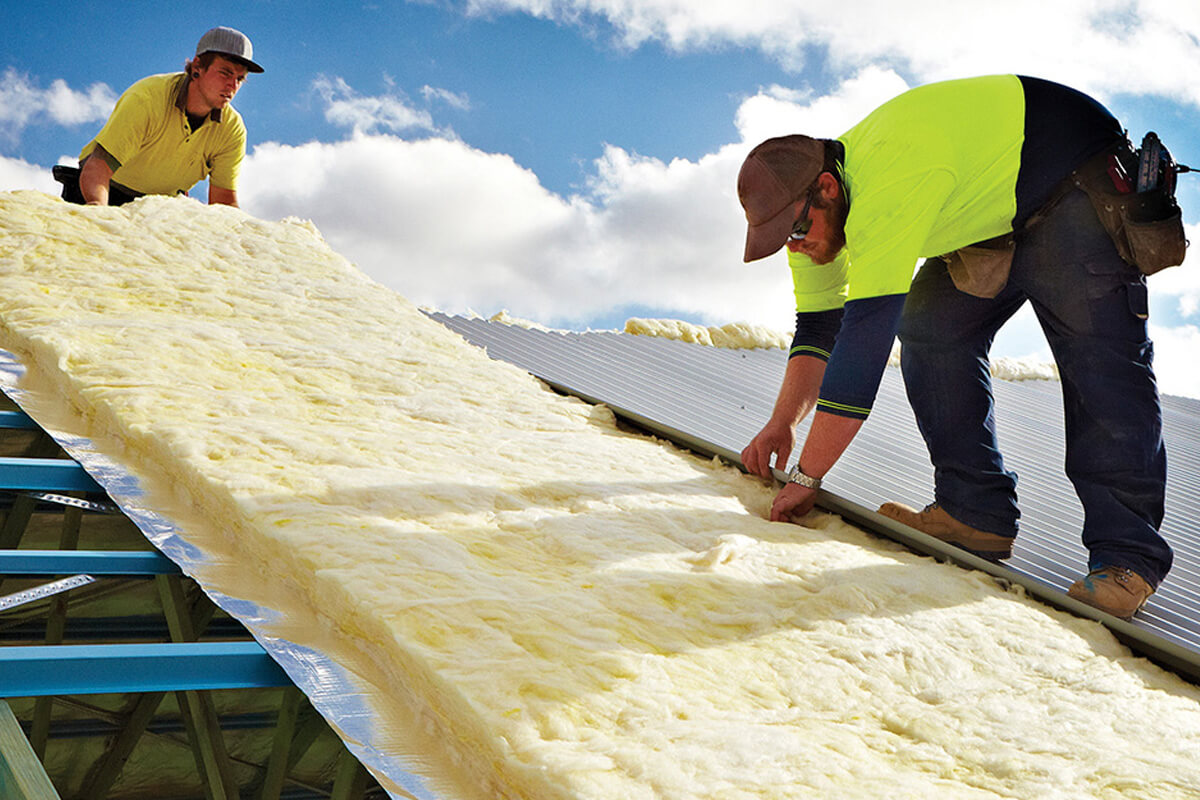
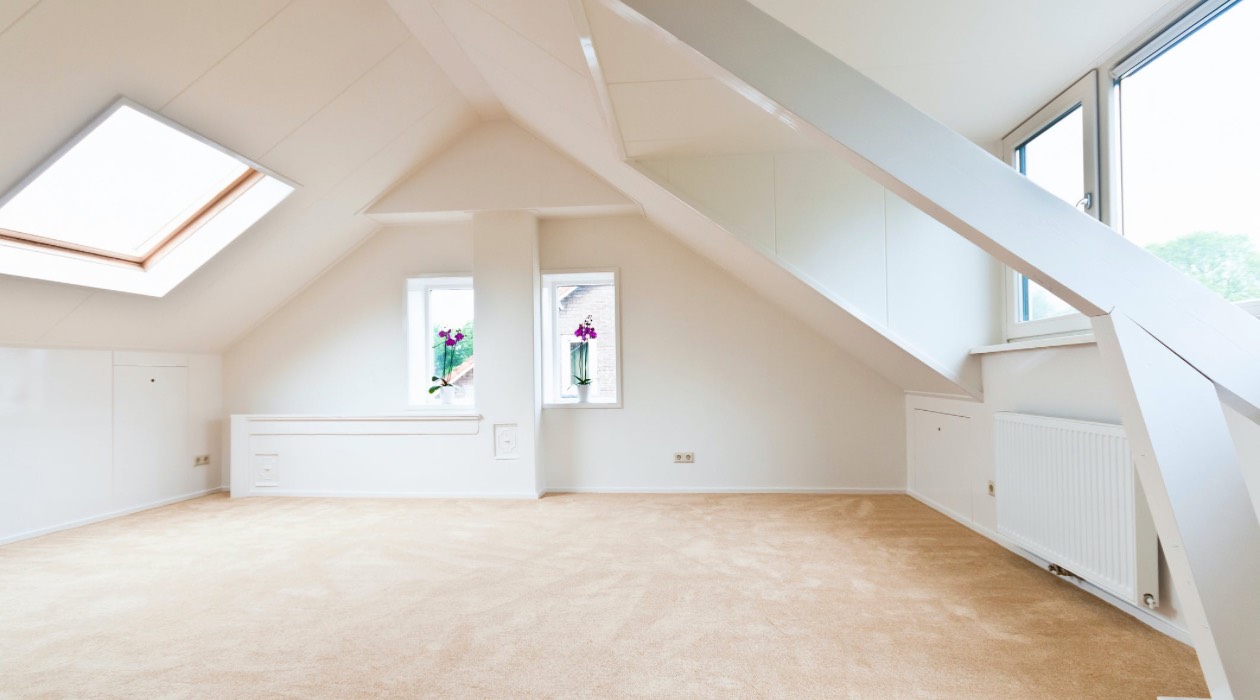
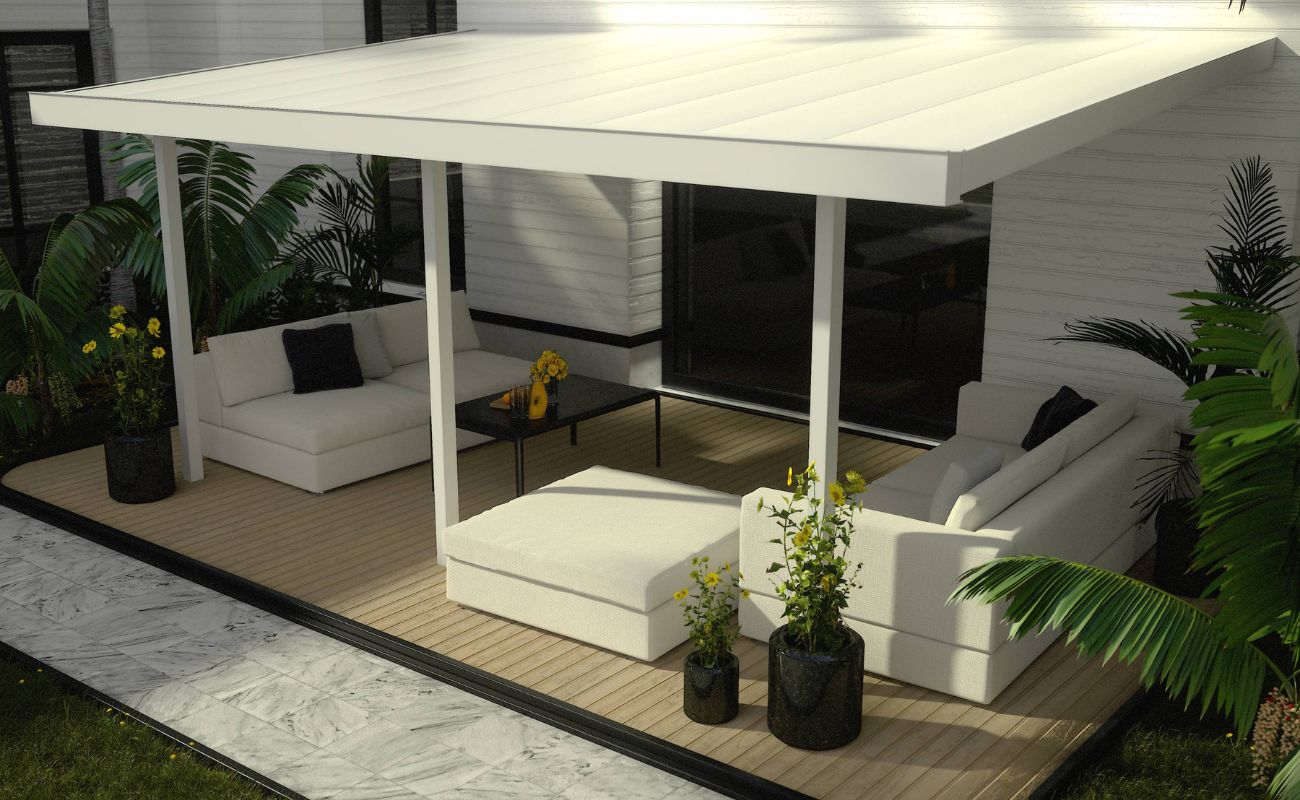
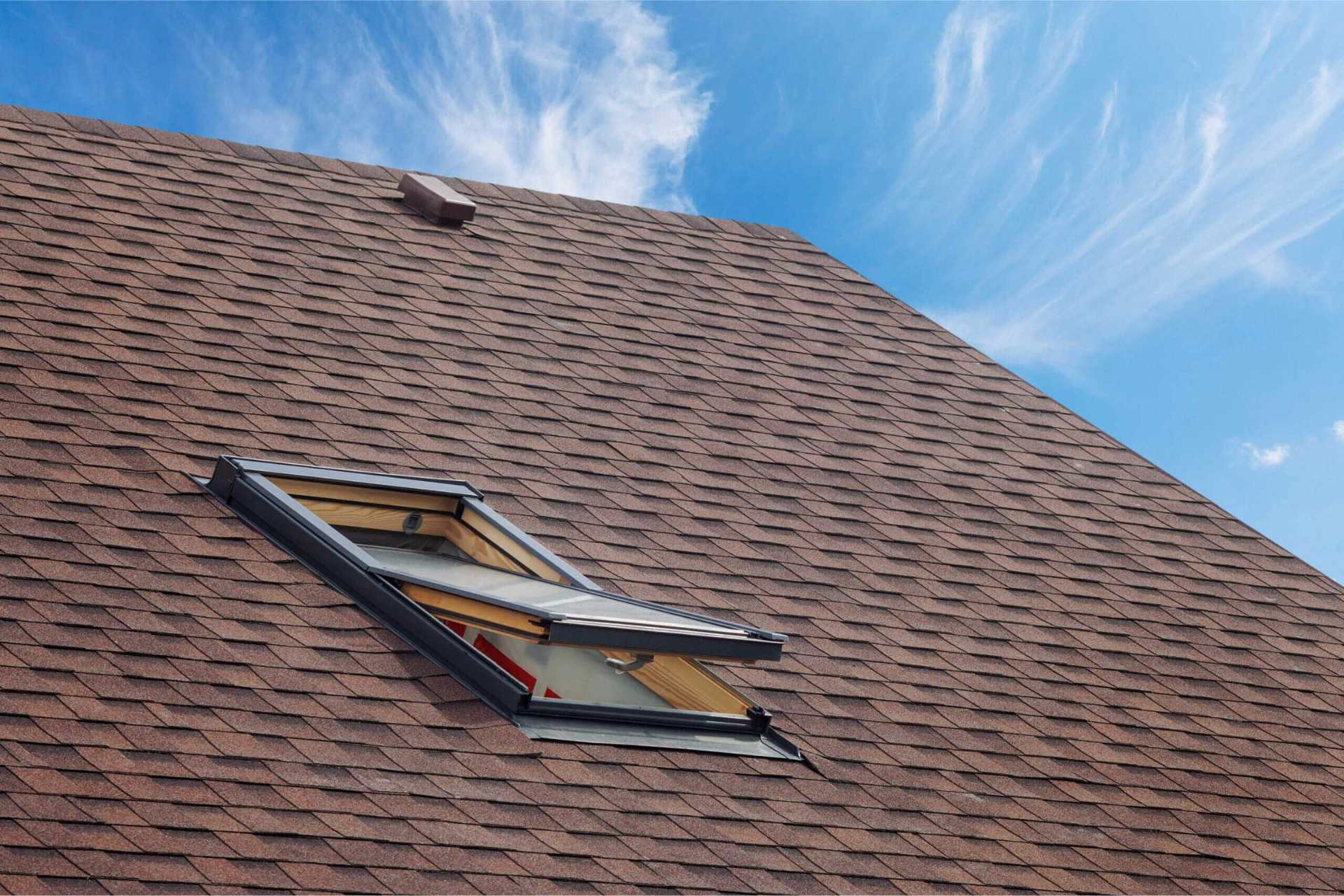
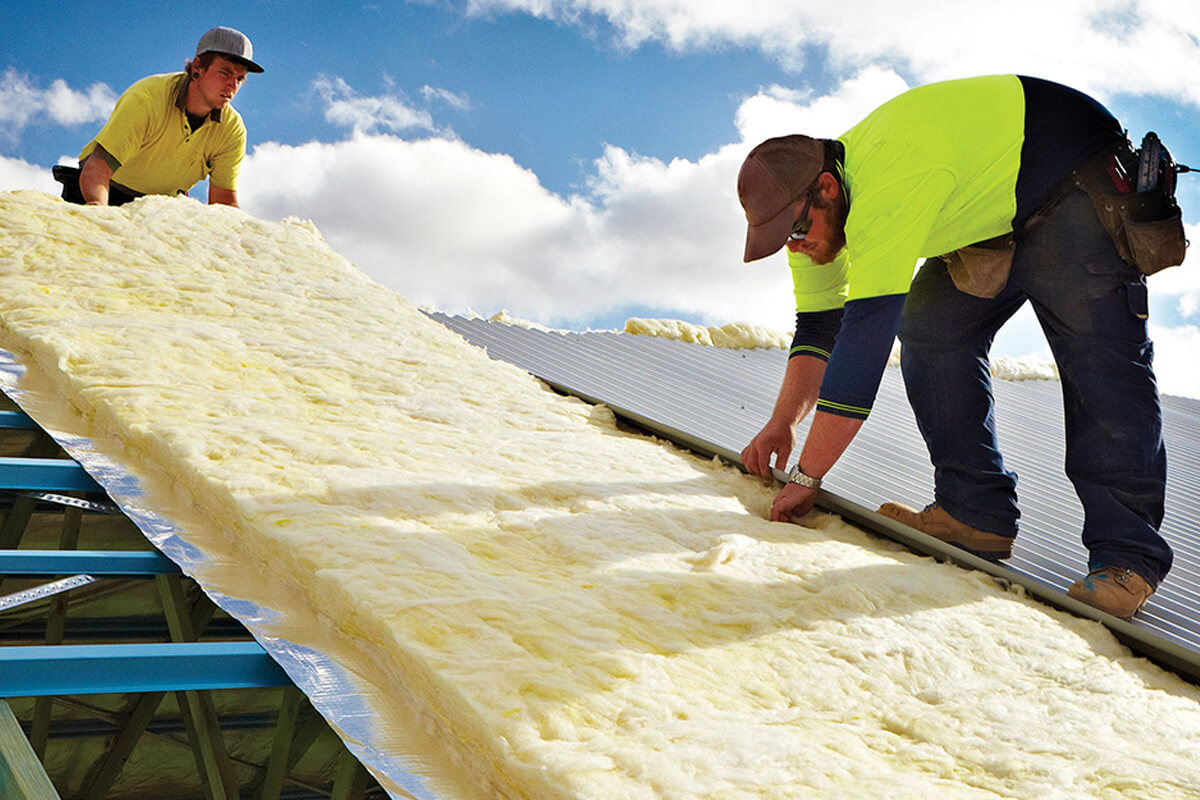
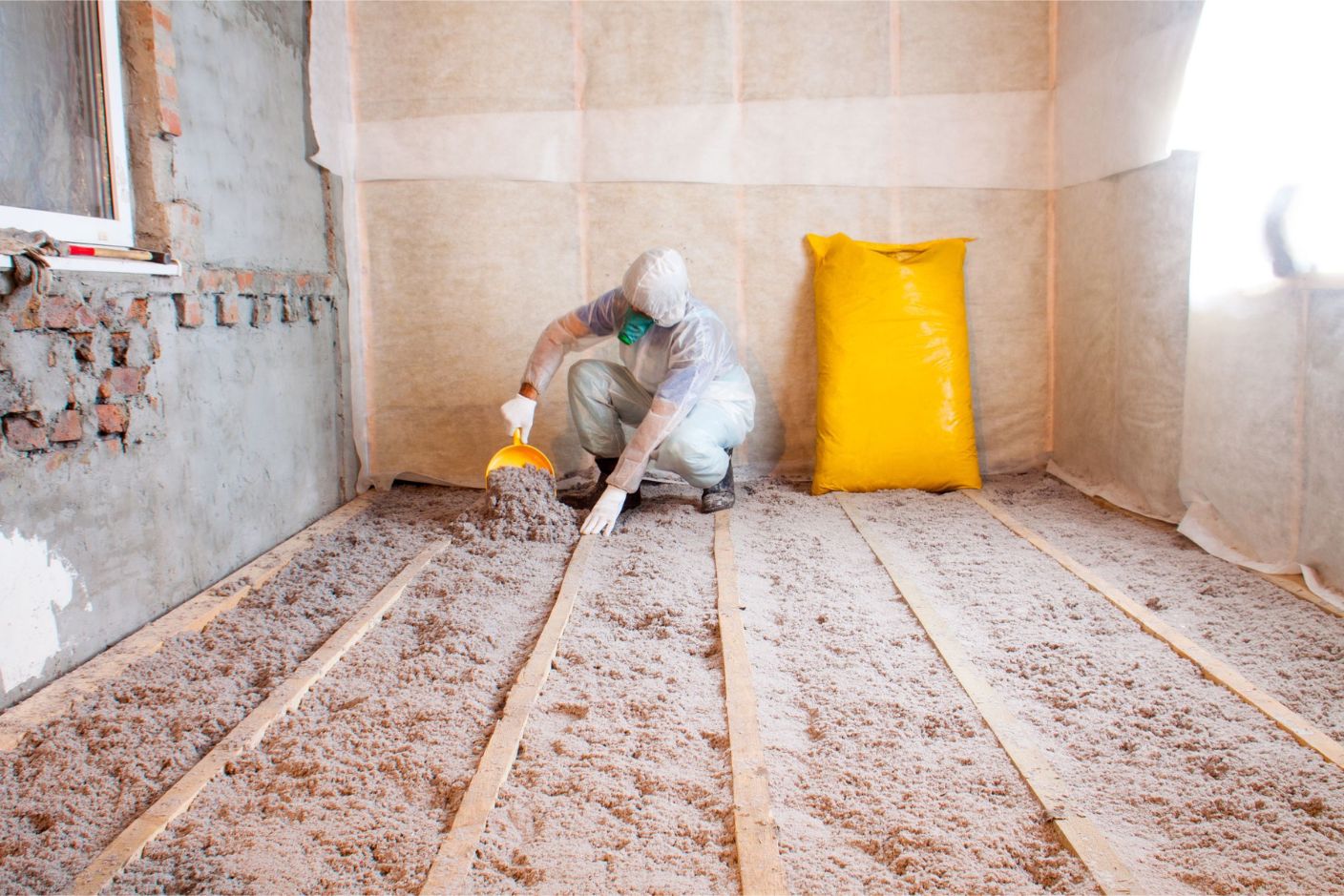
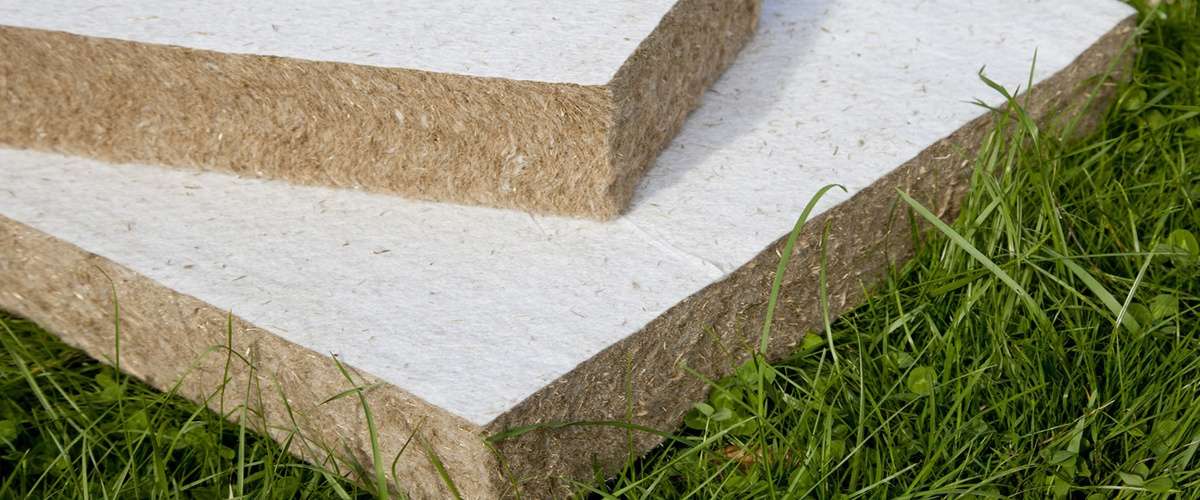
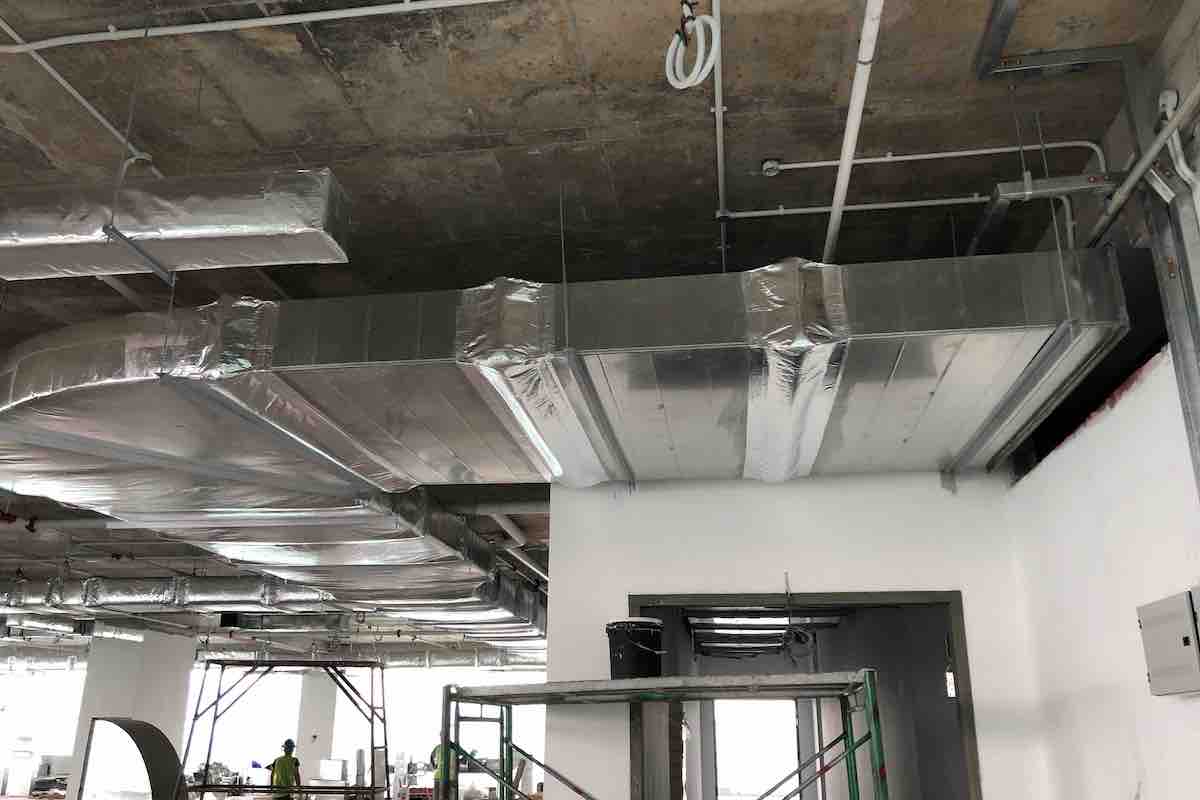
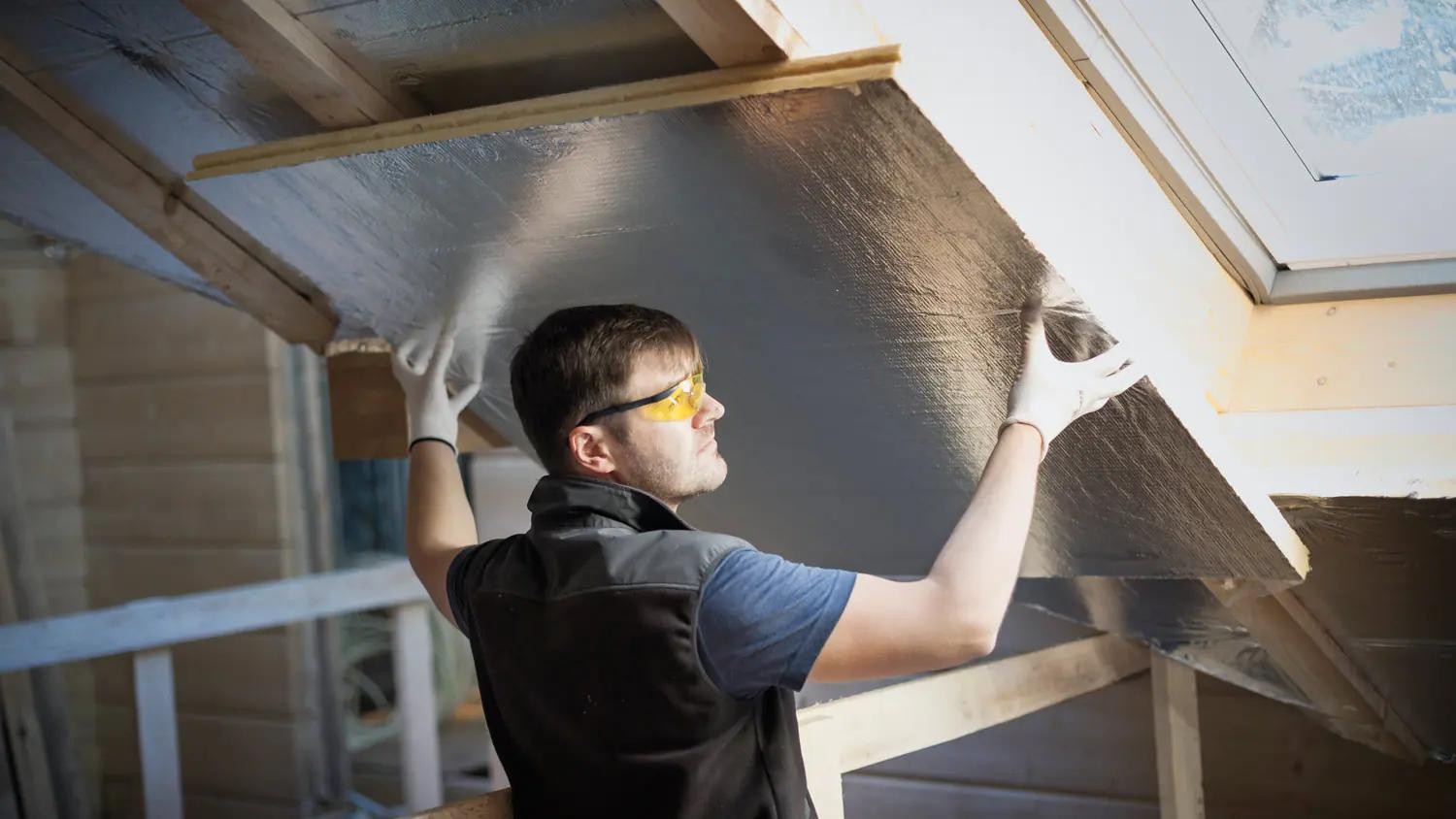
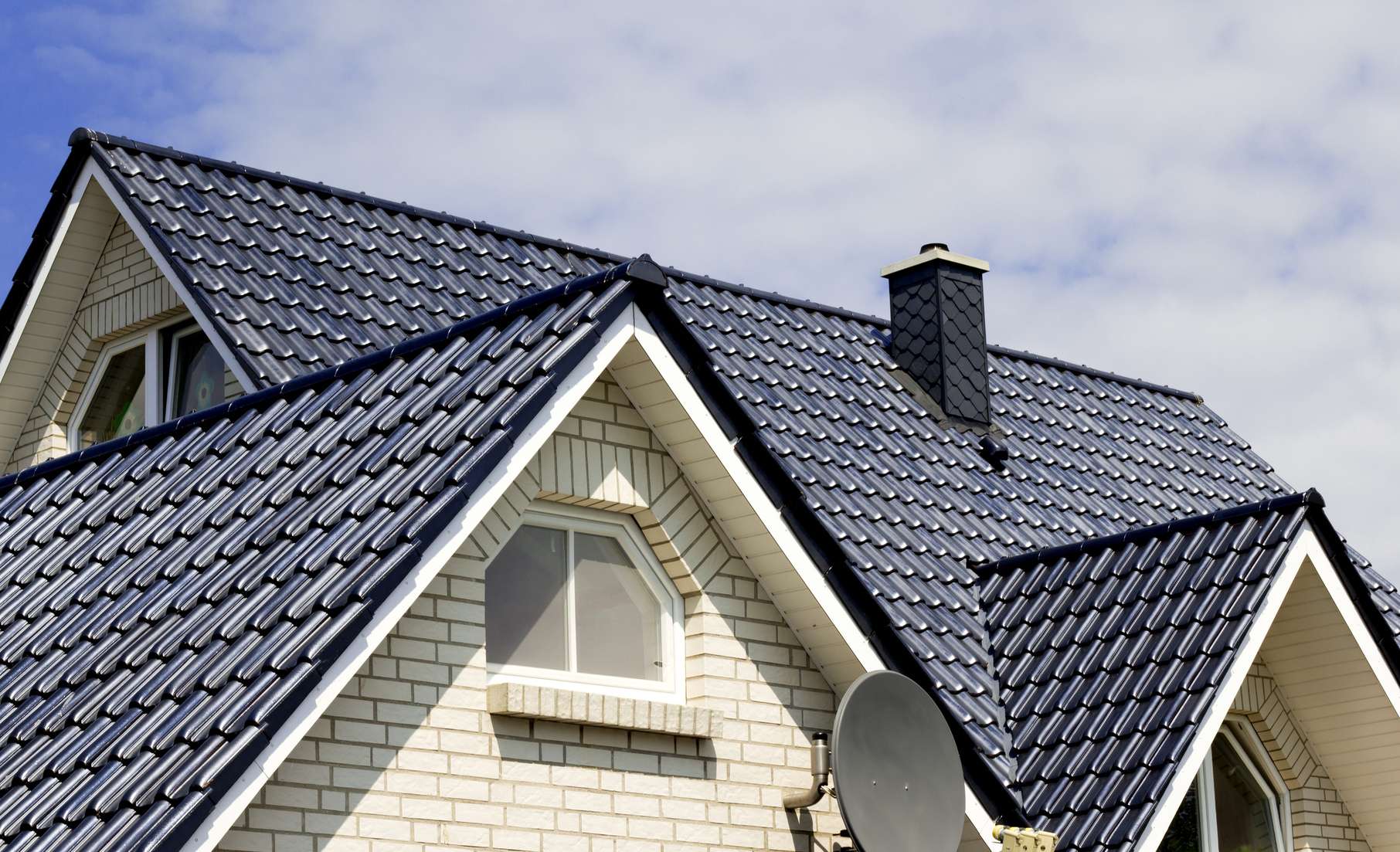
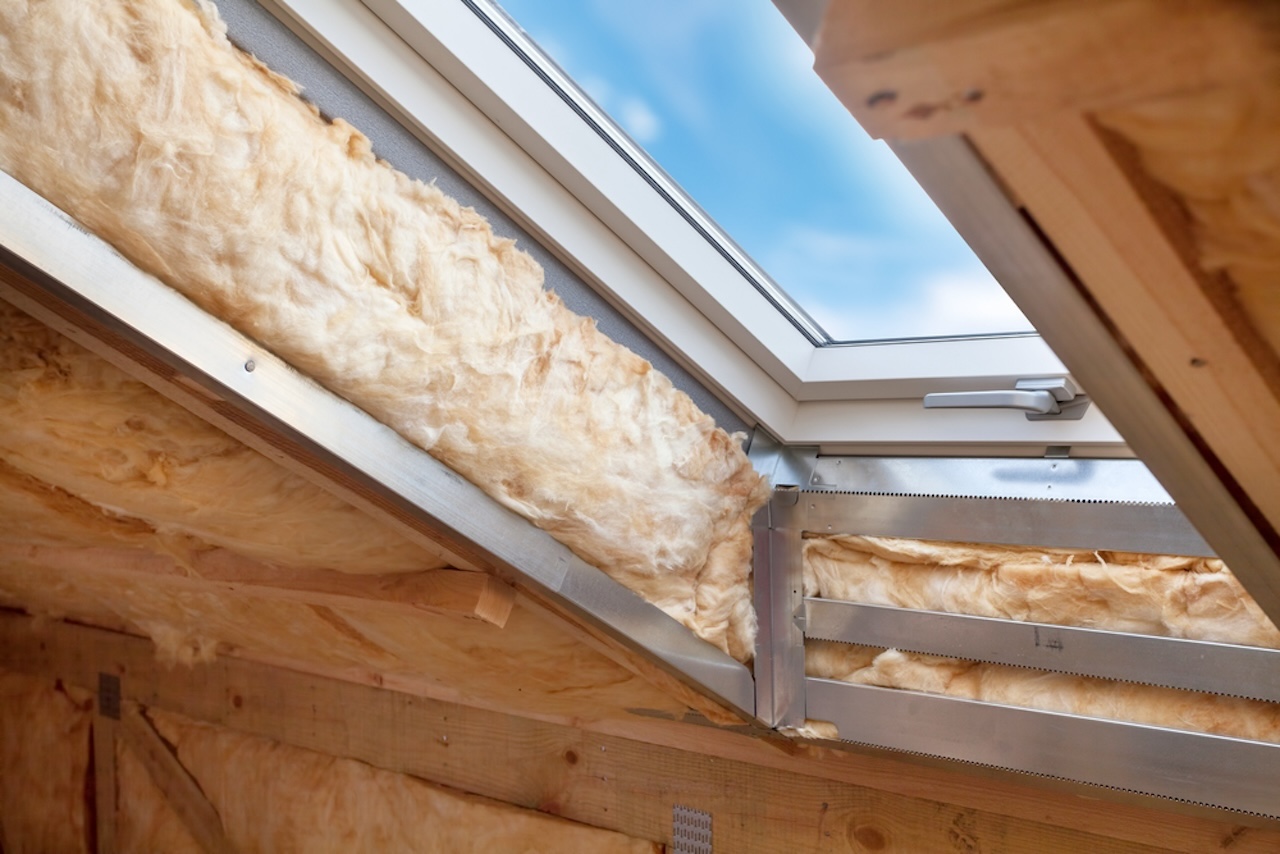
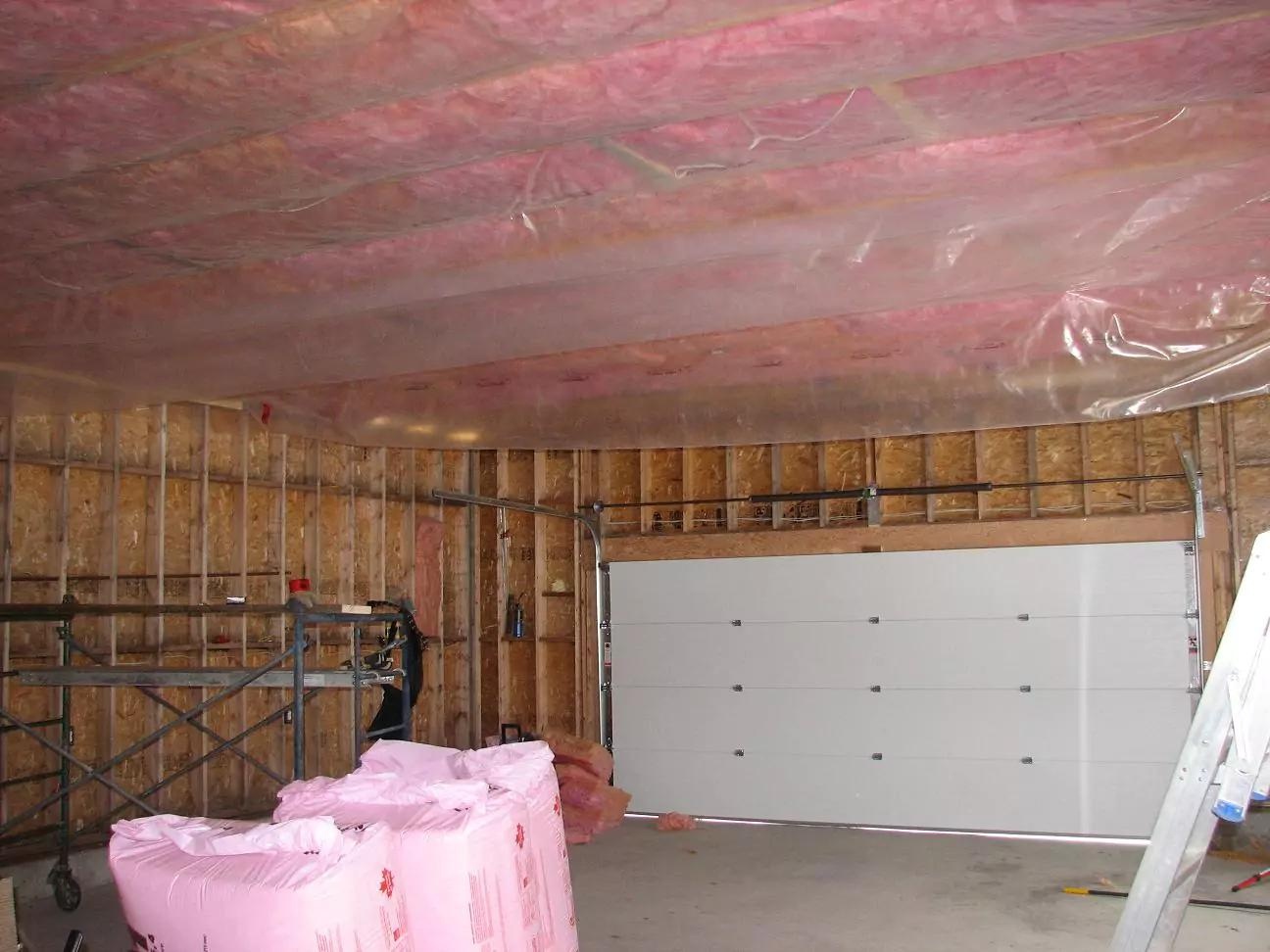
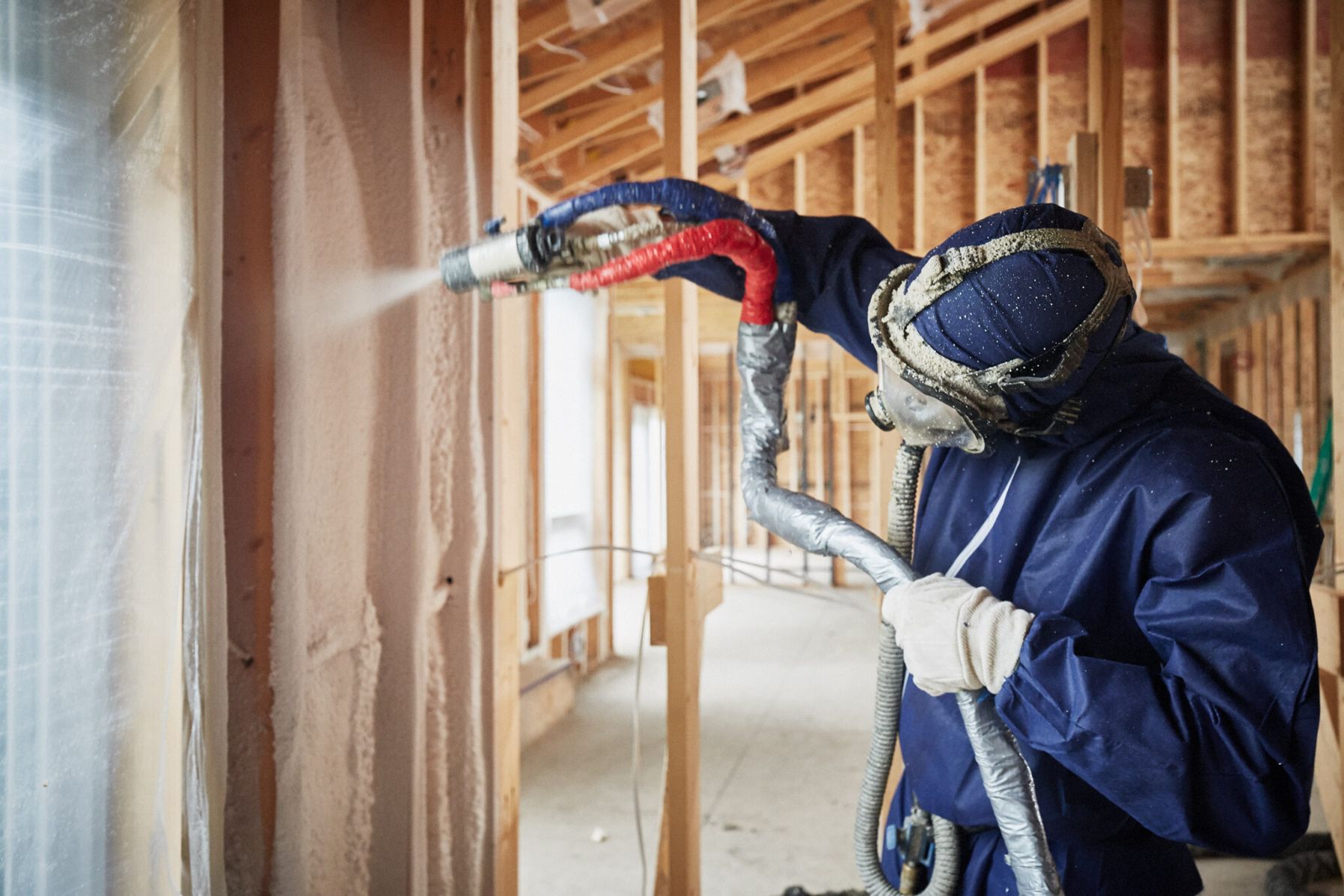
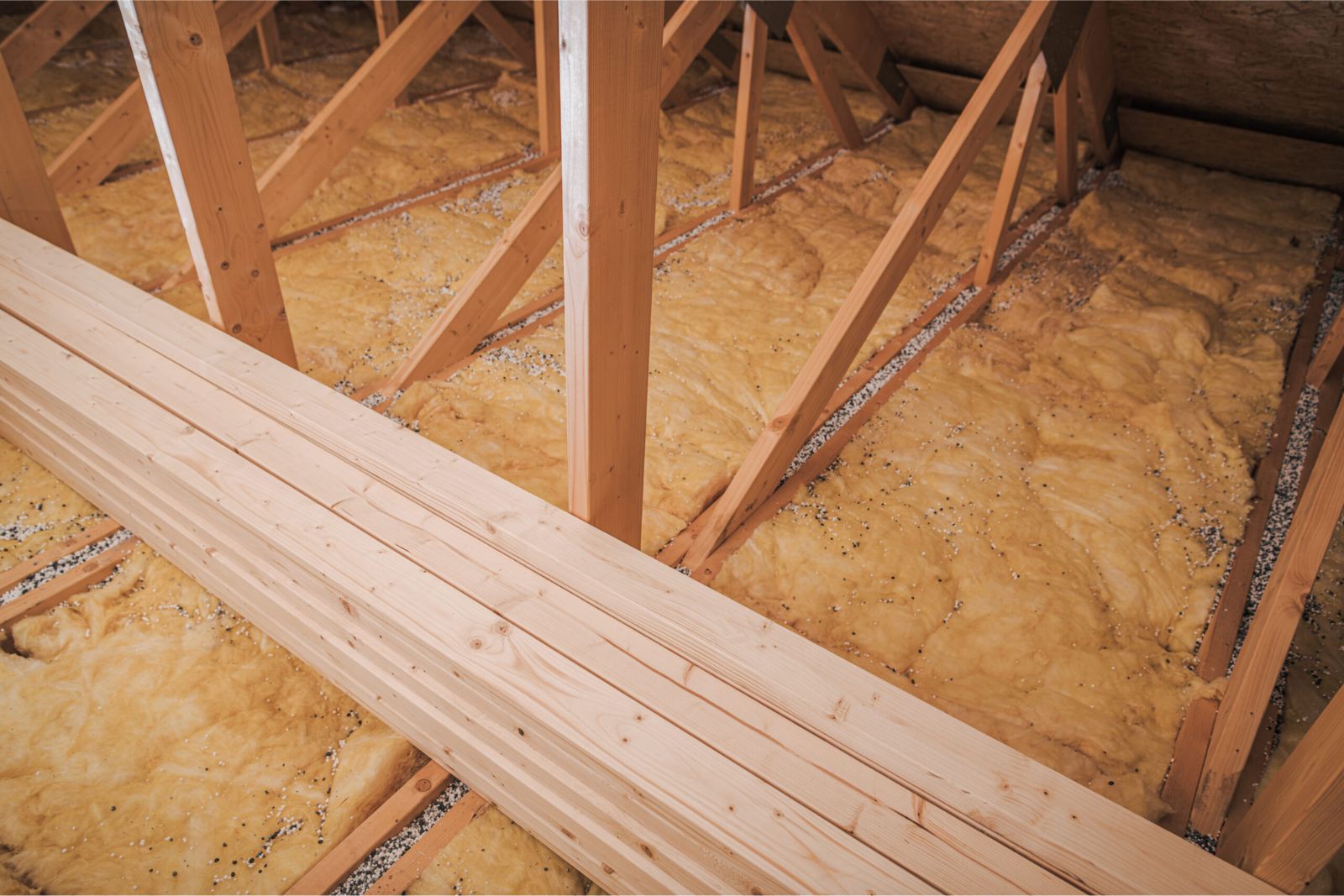

0 thoughts on “What Is The Best Insulation For Roofs”